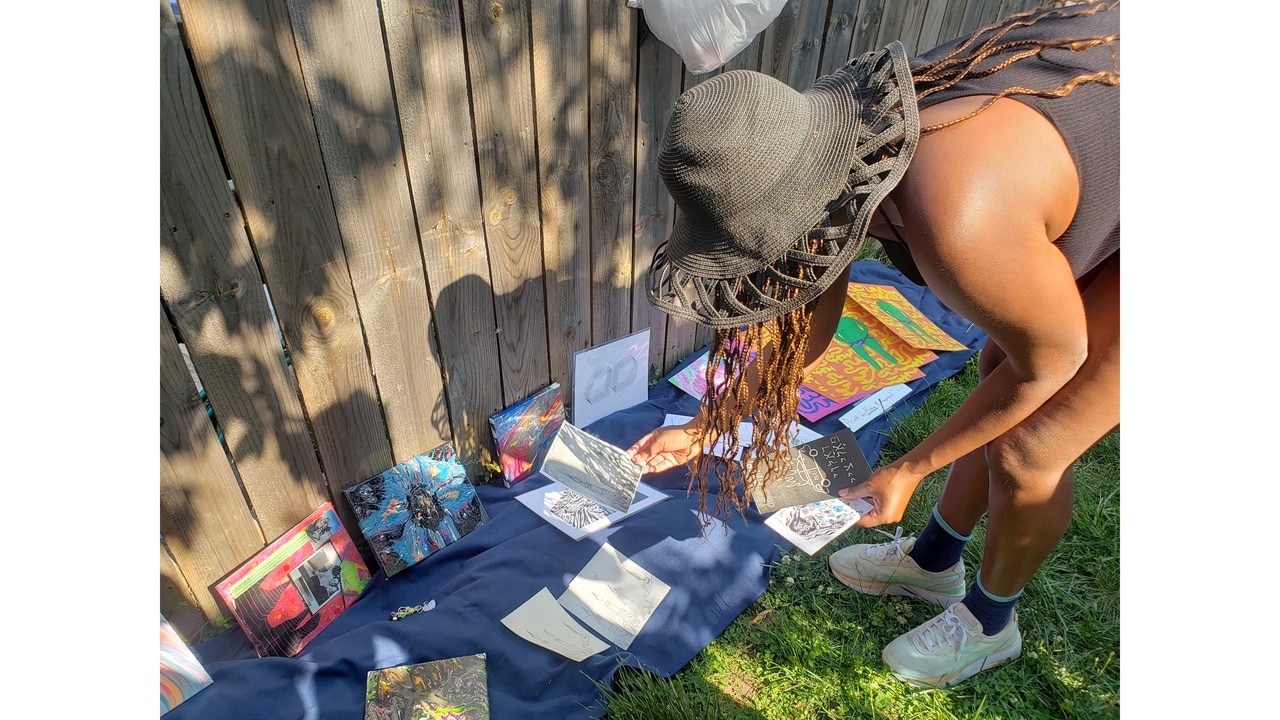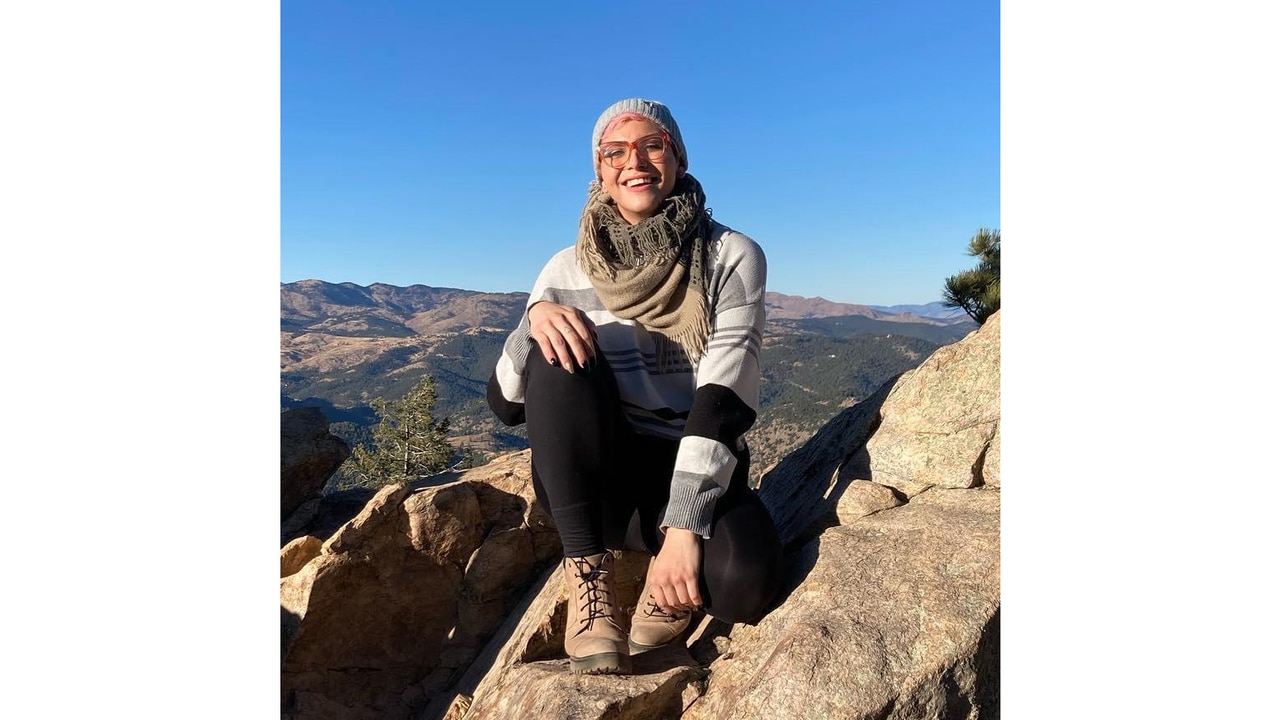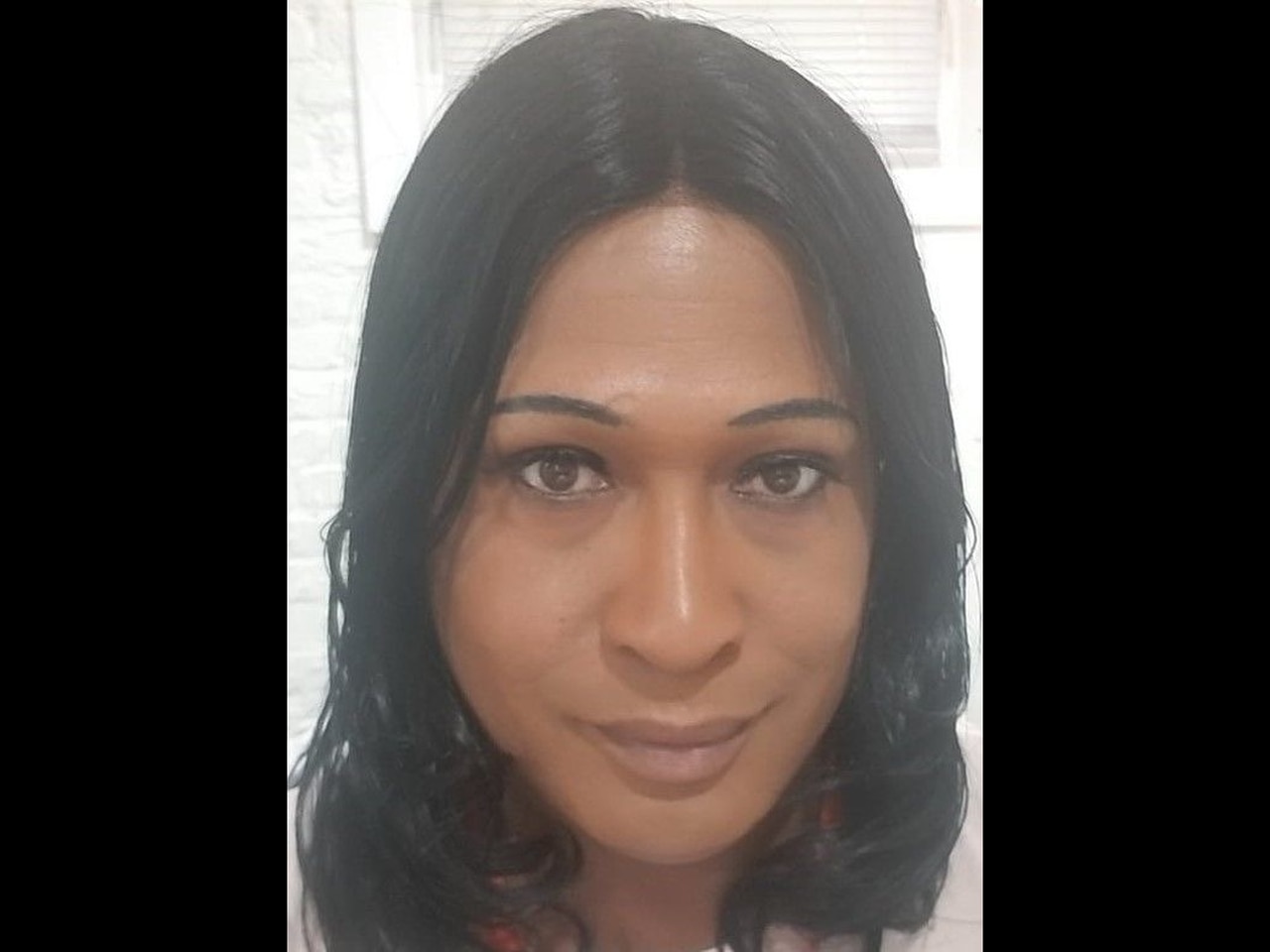How Birmingham advocates are opening homes for other young Black trans women
Tamika Spellman knows she can only do so much to protect Black transgender women in Birmingham from the violence she and so many others have faced.
She said she’s been robbed, shot, assaulted, financially extorted and raped. And she has no sense of protection from the law, she said, because even police have targeted her in the past.
“We all should have the same opportunities to live a long healthy life without being pushed into the margins so far that we’re either victims of violent crimes or victims of suicide,” Spellman told AL.com. “I shouldn’t be an exception to that rule.”
Tamika Spellman is turning her Birmingham home into a safe house for young Black trans women.
At 56, she’s far surpassed the average life expectancy for trans women of color, leading a successful career in political and social advocacy. Spellman said she’s befriended about 10 other trans women over the years, yet only she and one other woman are still alive. The average lifespan of trans women of color ranges between 28 and 35, according to different medical and sociological research.
Now, she wants to broaden her community of chosen family. She wants to be a stand-in grandmother to young Black trans women navigating transitions and adulthood by providing them a safe place to call home. That’s why she’s transforming the garage apartment of her home near the Birmingham-Shuttlesworth International Airport into a safe house called Grammy’s Place. She plans to open it to eight young Black trans women in late fall or early winter, depending on how fundraising goes and how much she herself is able to contribute.
“I’m doing this out of love. I’m doing this out of a necessity of wanting to see more trans women live past 28,” Spellman said. “I love my community and I love my people, and I want my community to have happiness and safety and be able to thrive.”
Housing resources for transgender people
Grammy’s Place won’t be Birmingham’s first safe house. Transgender Advocates Knowledgeable Empowering, an organization that advocates and provides resources for transgender women of color in Birmingham, has provided temporary emergency housing for nearly four years. Gloria’s Safe Haven has operated a two-bedroom house for nearly four years in west Birmingham. The organization also recently purchased three apartment units elsewhere in the city to provide more transitional housing options, said Daroneshia Duncan-Boyd, founder and executive director.
“It’s so challenging to do this work,” Duncan-Boyd told AL.com. “Our community’s need is way much more than we’re able to give.”
Both of TAKE’s safe houses and the future Grammy’s Place aim to connect residents with social services such as food assistance and help finding a job outside of sex work. TAKE accepts residents who are at least 18 years old, and Grammy’s Place will prioritize younger trans women, up to the age of 24.
“Housing is critical. Housing is important. But we have to get down to the root of why people are not able to sustain their own independent housing,” Duncan-Boyd said. “Getting put in a temporary housing placement gives you the opportunity to provide other life skills and other resources.”
Grammy’s Place will differ from TAKE’s safe house work in that it doesn’t plan to disqualify residents who do sex work or use drugs. Spellman emphasized the importance of “barrier-free housing,” a resource she said she needed earlier in her life. She said she won’t accept government aid for the safe home so she can provide housing without conditions.
At TAKE’s safe houses, neither sex work nor substance use is allowed. Duncan-Boyd said it’s a matter of upholding the safety of the home for residents, the organization’s liability, and to adhere to the city’s guidelines for providing shelter. The organization enforces drug testing for safe house residents and for those who don’t pass, TAKE connects them with counseling and rehabilitative programs.
Duncan-Boyd said that while she’s still learning best practices for running a safe home, a few things are crucial: having staff on site 24/7, providing case management support for each resident and setting clear rules and structure.
A push for more community-based safe houses for transgender people echoes the historic houses in LGBTQ+ ballroom culture in the northeastern U.S., where Black and Hispanic transgender women and gay men lived together as a chosen family. Led by a “house mother,” to provide communal support and shelter, the families lived together and competed in drag balls.
Besides providing a free place to live, Spellman plans to connect the future residents of Grammy’s Place with intergenerational mentorship, transportation, mental healthcare, gender-affirming healthcare, job training, entrepreneurship skills and education.
“A lot of trans youth are being put out by their parents and they don’t know how to deal with it,” Spellman said. “Because of all of the negative rhetoric that has been coming out of Congress and how the states are instituting a lot of anti-trans laws, I wanted to offer a safe place for trans youth to continue to transition and try to get a good grasp on what life is going forward.”
For young trans women between the ages of 18 and 24, it’s an especially vulnerable age, as they navigate adulthood amid rampant housing, employment and healthcare discrimination multiplied by racism – and especially spotlighted with a growing national push to limit the rights of transgender people, including in Alabama.
Nearly one in five transgender and nonbinary youth attempted suicide in 2022, with even higher rates for people of color as well as youth living in a community that isn’t accepting of LGBTQ people, according to a survey by the Trevor Project. And less than one in three transgender and nonbinary youth lived in homes where their gender identity was supported.
Future plans
For Grammy’s Place, the first renovations on deck are connecting the garage apartment to the home’s electrical grid, and setting up HVAC. Renovations will cost about $20,000, Spellman said, plus a monthly cost of operating the home between $2,000 and $5,000. The future home’s GoFundMe page reports $4,490 raised so far, as of June 27.

In late May, a group of about two dozen people gathered in the backyard of a Northwest Washington, D.C. home to purchase paintings, collages and other art prints, chair massages and savory pies, donated by other community members to support Grammy’s Place.
Spellman plans to register the organization as a nonprofit to qualify for grants. Jessica Martinez, who’s worked alongside Spellman before in advocacy, now plans to help her with grant-writing, securing donors and fund management.
Grammy’s Place is also looking for donations of time and work on the house – in carpentry and woodworking, or other skilled trades related to the house’s necessary renovations, Martinez said.
Martinez, 26, first met Spellman through the D.C.-based harm reduction agency HIPS – where Spellman works remotely as a policy and community manager – in 2019, working together to advocate for health care access for Black and unhoused people in the District’s most marginalized neighborhoods. Now, she’s helping with this effort through getting Grammy’s Place set up.
“Black trans women are really in the line of fire when it comes to violence against our community,” Martinez said. “To see [Spellman], existing simply as an elder, was so, for me, miraculous.”

Jessica Martinez is supporting Grammy’s Place through fundraising and grant writing.
Both Spellman and Martinez have led housing initiatives for transgender people in D.C. Spellman hopes to grow the initiative to set up safe houses elsewhere in the Southeast – and eventually, in all 48 continental states.
Grammy’s Place, supported by two other volunteers, will source its residents through referrals from local agencies that serve Birmingham’s LGBTQ populations. Spellman won’t publish the address of the house and is working to put other security measures in place to protect its future residents, she said.
“I want to keep a level of safety going on because of the negative rhetoric that is coming out of elected officials’ mouths and how it has a tendency of triggering people into action,” she said.
Martinez, now a program manager for national nonprofit AIDS United, started out in sex work, which she called a “survival mechanism” for some trans women.
“Now, I’m very privileged that I have an amazing career with an NGO in Washington, D.C.,” she said. “But I have been able to use my experiences and the money that I would gather to propel my career, and the goal is to sort of get those women, trans women, black trans women, in the position of the sex trade industry and give them another option.”
One thing she plans to contribute to Grammy’s Place is a garden and fresh food for residents. When she was a college student, she was sometimes hungry, which is part of what prompted her to do sex work.
Spellman hopes that the program will help buoy women who otherwise face so many obstacles and hardships into thriving careers, and that they’ll one day be in a position to hire and support young trans women, too.
“That’s a lot of talent that this world has been missing out on, a lot of great contributions to society,” she said. “How will we know if we aren’t given the opportunity to live, the opportunity to thrive, the opportunity to be just as free and productive as anybody else?”
Here’s where to find local and national LGBTQ+ resources: TAKE, Magic City Acceptance Center, the Birmingham Crisis Center, and the Trans Lifeline.
